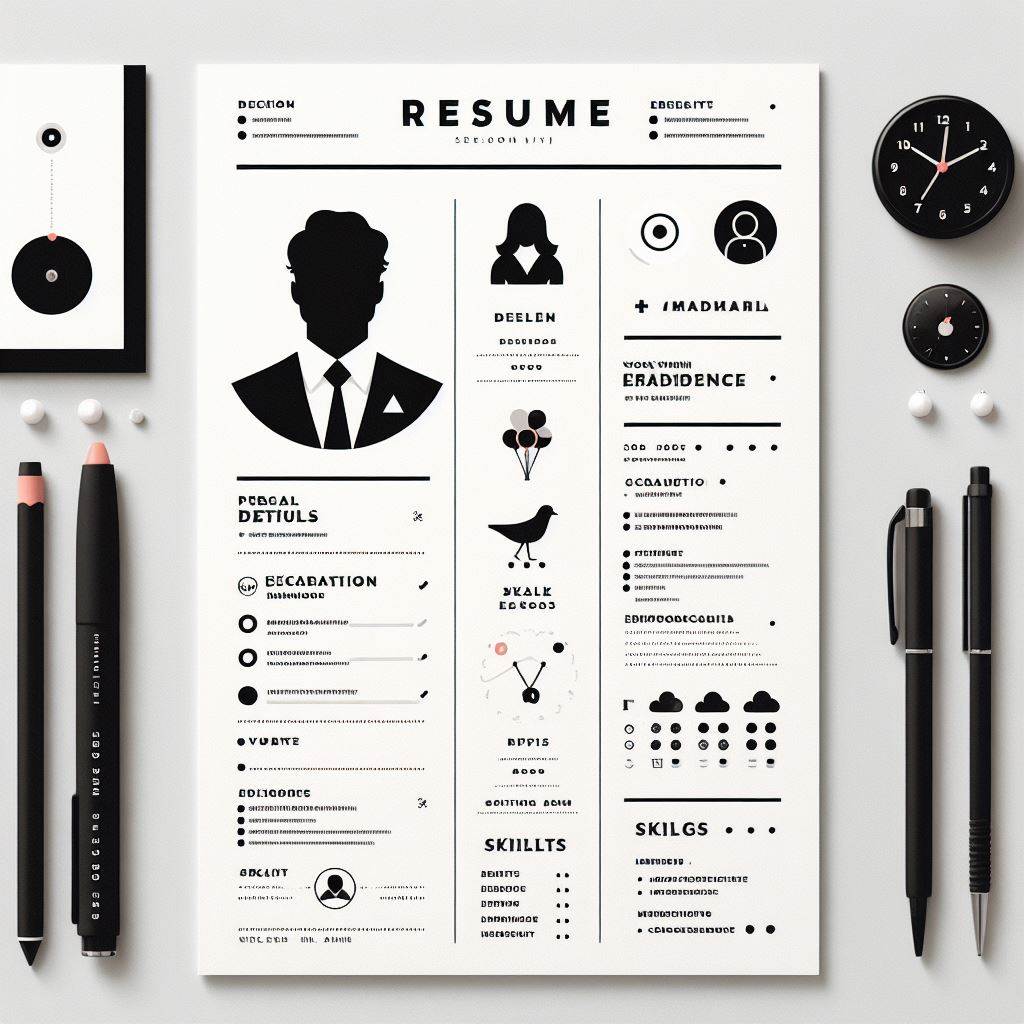10 Things You Should Not Include in Your Resume
When crafting a resume, it’s just as important to know what you should leave out of it as it is to know what to put in. Here are ten things you should avoid including in your resume and why:
1. Personal Information
Avoid including sensitive personal information such as your social security number, bank details, or passport number. This information is not relevant to your job application and could lead to identity theft if it falls into the wrong hands.
2. Irrelevant Work Experience
Only include past work experiences that are relevant to the job you’re applying for. Including irrelevant jobs can make your resume too long and distract from your relevant skills and experiences.
3. Negative Language or Criticism
Never include any negative comments about past employers or colleagues. It gives a bad impression and could make potential employers question your professionalism.
4. Unprofessional Email Address
Ensure your email address sounds professional on your resume. An email address like “partylover@example.com” can make you seem unprofessional.
5. Salary History or Expectations
Unless specifically asked for, avoid including your past or expected salary. It’s best to discuss this in person during an interview or after you’ve received a job offer.
6. Outdated or Irrelevant Skills
Skills that are outdated or irrelevant to the job you’re applying for should not be included. They take up space and might make you seem out of touch with current industry trends.
7. Lies or Exaggerations
Never lie or exaggerate about your skills, experiences, or qualifications. If discovered, it could lead to immediate dismissal and damage your professional reputation.
8. References
It’s no longer necessary to state “references available upon request” on your resume. Employers assume you’ll provide references if they ask for them.
9. Hobbies
Unless your hobbies are directly related to the job, it’s best to leave them off your resume. They can take up valuable space that could be used for other, more relevant information.
10. Generic Objectives
Avoid generic career objectives like “seeking a challenging position that offers growth”. Instead, use this space to summarize your experiences and skills that make you a good fit for the role.
Remember, your resume is often the first impression a potential employer will have of you – make it count! Tailor your resume to each job you apply for, highlight your most relevant skills and experiences, and always proofread for any errors. Good luck with your job search!













